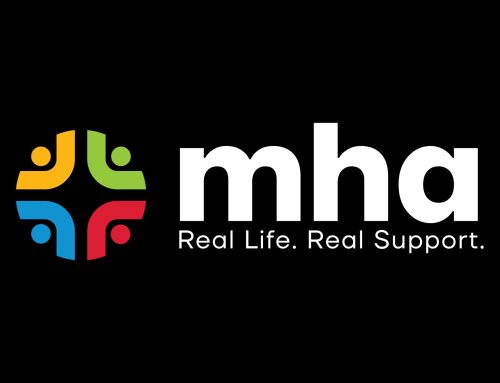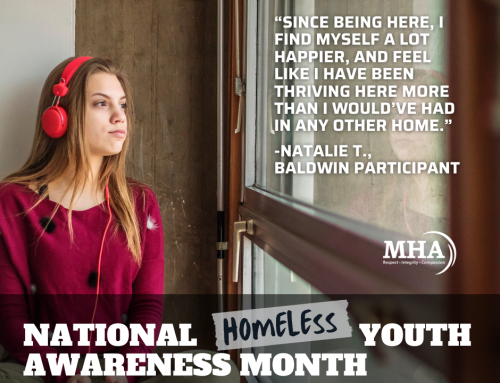 SPRINGFIELD – The Centers for Disease Control and Prevention call it “warm-weather wisdom.” This means being aware how summer’s heat and humidity can impact your health.
SPRINGFIELD – The Centers for Disease Control and Prevention call it “warm-weather wisdom.” This means being aware how summer’s heat and humidity can impact your health.
Those at greatest risk for heat-related illnesses include children, those over 65, and individuals with underlying medical conditions. Individuals on medication should also be aware if what they are taking could put them at risk and take steps to avoid heat exposure especially as The Heat Index rises. Some drugs can impede the body’s ability to regulate its temperature, make it more difficult to stay hydrated and increase a drug’s concentration and side effects.
“There are many medications, both prescribed and over-the-counter, that can affect the way your body regulates heat,” said Alex Wu, pharmacy manager and co-owner of Springfield Pharmacy, a long-time MHA partner and collaborator. “The types of medications range from those that are used for allergies, treat infections, and even mental health medications such as antipsychotics and antidepressants.”
Wu said that “during hotter-temperature weathers, it is important to stay adequately hydrated and be aware of how these medications can affect your body.”
“If a person is concerned and has any questions, they should reach out to their prescriber or community pharmacy for additional information,” Wu said.
Kimberley Lee, Vice President of Resource Development and Branding for the Mental Health Association, noted that record-breaking heat waves are becoming more common both in the Northeast and across the country.
“Heat advisories have been fairly common this summer and we have been reminding employees, especially going into the weekends, to enjoy their time but to please keep safety in mind and stay updated on weather conditions,” Lee said.
The National Weather Service defines The Heat Index as a measure of how hot it feels when relative humidity is factored in with actual air temperature. When the index is between 80- and 90-degrees Fahrenheit, it calls fatigue “possible with prolonged exposure and/or physical activity.”
The index between 90- and 103-degrees F comes with the warning classification of “extreme caution” as heat stroke, which can be life-threatening, heat cramps or heat exhaustion are “possible” with prolonged exposure or activity. The index between 103- and 124-degress F comes with a “danger classification” as heat cramps and heat exhaustion are “likely” and heat stroke “possible” with prolonged exposure or activity, and one of “extreme danger” in temperatures 125-degrees F or higher with “heat stroke highly likely.”
CDC recommendations for avoiding heat-related illnesses, especially during periods of extreme heat, include drinking plenty of fluids, eating regular meals, avoiding strenuous activity, especially during the heat of the day, and taking cool showers. It says if someone show signs of heat stroke, which include body temperature of 103-degrees F or higher, a fast, strong pulse, and confusion, to call 9-1-1 immediately.





